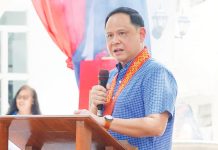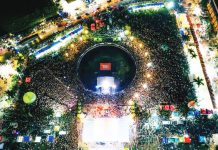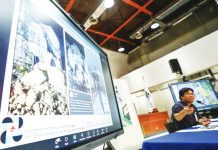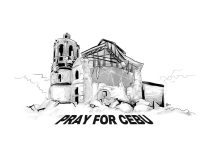
NEARLY P3 billion worth of assets from bank accounts, insurance policies, vehicles, and properties are now under freeze orders in connection with the alleged “ghost” and overpriced flood control projects. The Anti-Money Laundering Council (AMLC) has struck decisively, and rightly so. But while the sight of billions being immobilized may assure the public that something is being done, it also raises a larger question: will these assets ultimately return to the people, or will they vanish into the fog of bureaucracy and legal technicalities?
The AMLC is no ordinary agency. It is the country’s financial intelligence arm, empowered under the Anti-Money Laundering Act of 2001 (RA 9160, as amended) to detect, investigate, freeze, and eventually forfeit proceeds of crime. Its mandate cuts across corruption, graft, terrorism financing, and fraud. Unlike political bodies, the AMLC operates through financial data, tracing paper trails where rhetoric cannot reach. In cases like the flood control scandal, where public funds allegedly flowed into ghost projects, shell contractors, and fake deliveries, money leaves behind a trail more reliable than testimony.
Freezing, however, is only the first step. It is preventive, not punitive. The law allows AMLC to seek court authority to immobilize suspicious assets, ensuring they are not spirited away while investigations proceed. But unless prosecutors build airtight cases linking these assets to unlawful activity, the freeze will lapse and the money will slip back into private hands. That is the danger: frozen billions may thaw quietly without justice ever being served.
Here lies the public’s demand. This is not merely for headlines announcing frozen accounts, but for prosecutions, convictions, and restitution. It is not enough to immobilize assets; the people must see corrupt officials and complicit contractors held to account. Only then will the message be clear: public funds are sacred, and those who plunder them will pay.
Equally important is the lesson of vigilance. Flood control is not just another line item in the budget. In a country battered yearly by typhoons, every peso stolen means more lives flooded, more families displaced, more communities submerged. Corruption in infrastructure is not just theft. It is negligence that drowns the poor and abandons the vulnerable.
The AMLC’s freeze orders are commendable, but they must be matched with reforms. Greater transparency in public contracts, stricter vetting of contractors, and stronger auditing mechanisms are necessary. Civil society and the media, too, must remain relentless. For what use is freezing assets if the system that enabled their theft remains unchanged?
The nearly P3 billion now locked in banks and vaults is proof of both a crime and a chance: a crime because it confirms that the people’s money was diverted, a chance because it signals an opening to recover trust in institutions. Whether this chance is seized or squandered will define not just the AMLC’s effectiveness, but the nation’s resolve to declare that corruption, no matter how cleverly disguised, will not escape accountability.
Frozen billions must lead to unfrozen truths. Only then can justice truly flow./PN







